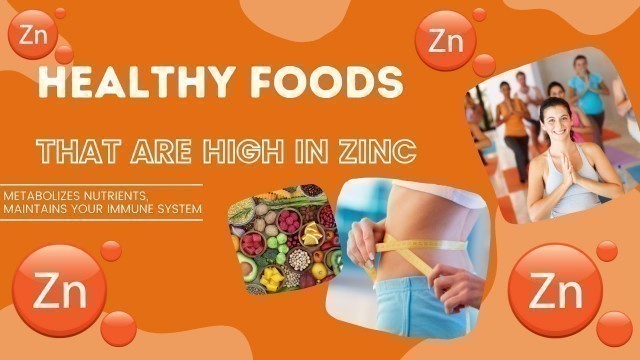

'11 HEALTHY FOODS THAT ARE HIGH IN ZINC #shorts Zinc is involved in many important processes in your body and essential for good health. Zinc is required for the functions of over 300 enzymes and is involved in many important processes in your body. Here are 11 of the best foods that are high in zinc. 1. Mushrooms Mushrooms are a high-fiber, protein, and antioxidant-rich low-calorie food. They may also reduce the chance of significant health problems like diabetes. It contains zinc, 1 cup of mushrooms contains 0.5mg Zinc. 2. Meat Meat is an excellent source of zinc. Red meat is a particularly great source, but ample amounts can be found in all different kinds of meat, including beef, lamb, and pork. A 100-gram serving of raw ground beef contains 4.8 mg of zinc, which is 44% of the recommended daily intake (RDI). This amount of meat also provides 176 calories, 20 grams of protein, and 10 grams of fat. A 100-gram serving of raw ground beef provides 44% of the recommended daily intake. 3. Shellfish Shellfish are healthy, low-calorie sources of zinc. Oysters contain particularly high amounts, with 6 medium oysters providing 32 mg or 291% of the recommended daily intake. Other types of shellfish contain less zinc than oysters but are still good sources. Crab contains 7.6 mg per 100 grams, which is 69% of the recommended daily intake. Smaller shellfish like shrimp and mussels are also good sources, both containing 14% of the recommended daily intake per 100 grams. 4. Legumes Legumes like chickpeas, lentils, and beans all contain substantial amounts of zinc. 100 grams of cooked lentils contain around 12% of the recommended daily intake. However, they also contain phytates. These antinutrients inhibit the absorption of zinc and other minerals, meaning zinc from legumes isn’t as well absorbed as the zinc from animal products. Despite this, they can be an important source of zinc for people following vegan or vegetarian diets. 5. Seeds Seeds are a healthy addition to your diet and can help increase your zinc intake. However, some seeds are better choices than others. For example, 3 tablespoons (30 grams) of hemp seeds contain 31% and 43% of the recommended daily intake for men and women, respectively. Other seeds containing significant amounts of zinc include squash, pumpkin, and sesame seeds. In addition to boosting your zinc intake, seeds contain fiber, healthy fats, vitamins, and minerals, making them an excellent addition to your diet. 6. Nuts Eating nuts such as pine nuts, peanuts, cashews, and almonds can boost your intake of zinc. Nuts also contain other healthy nutrients, including healthy fats and fiber, as well as several other vitamins and minerals. If you’re looking for a nut high in zinc, cashews are a good choice. A 1-ounce (28-gram) serving contains 15% of the recommended daily intake. Nuts are also a quick and convenient snack and have been linked to a reduction in risk factors for some diseases, like heart disease, cancer, and diabetes. 7. Dairy Dairy foods like cheese and milk provide a host of nutrients, including zinc. Milk and cheese are two notable sources, as they contain high amounts of bioavailable zinc, meaning most of the zinc in these foods can be absorbed by your body. For example, 100 grams of cheddar cheese contains about 28% of the recommended daily intake, while a single cup of full-fat milk contains around 9%. 8. Eggs Eggs contain a moderate amount of zinc and can help you meet your daily target. For example, 1 large egg contains around 5% of the recommended daily intake. This comes with 77 calories, 6 grams of protein, 5 grams of healthy fats, and a host of other vitamins and minerals, including B vitamins and selenium. 9. Whole grains Whole grains like wheat, quinoa, rice, and oats contain some zinc. However, like legumes, grains contain phytates, which bind to zinc and reduce its absorption. Whole grains contain more phytates than refined versions and will likely provide less zinc. They are a good source of many important nutrients like fiber, B vitamins, magnesium, iron, phosphorus, manganese, and selenium. 10. Some vegetables In general, fruits and vegetables are poor sources of zinc. However, some vegetables contain reasonable amounts and can contribute to your daily needs, especially if you don’t eat meat. Potatoes, both regular and sweet varieties, contain approximately 1 mg per large potato, which is 9% of the recommended daily intake. Other vegetables like green beans and kale contain less, at around 3% of the recommended daily intake per 100 grams. Some contain moderate amounts and can contribute to your daily needs, especially if you don’t eat meat. 11. Dark chocolate Perhaps surprisingly, dark chocolate contains reasonable amounts of zinc. A 100-gram (3.5-ounce) bar of 70–85% dark chocolate contains 3.3 mg of zinc or 30% of the recommended daily intake. However, 100 grams of dark chocolate also contain 600 calories. zinc foods, foods high in zinc'
Tags: Weight loss , Health , nutrition , Food , Covid-19 , coronavirus , shorts , IMMUNITY , Pandemic , vitamin c , antioxidant , immunity system , how to boost immunity , vitamin , zinc , immunity boosting foods , boost immunity , foods for immunity , WHAT TO EAT TO BOOST IMMUNITY , zinc foods , foods high in zinc , how to boost immunity power , natural immunity booster , foods for immune system , best foods high in zinc , zinc as a mineral , Covid-19 Foods
See also:



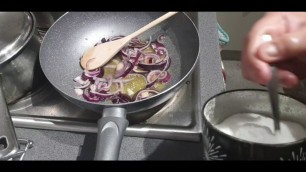


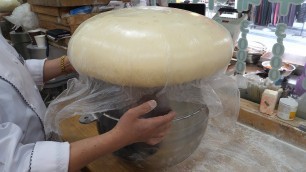
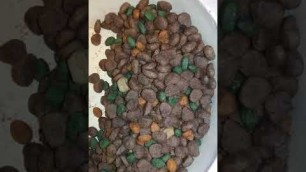

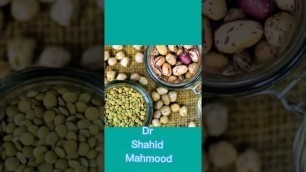







comments